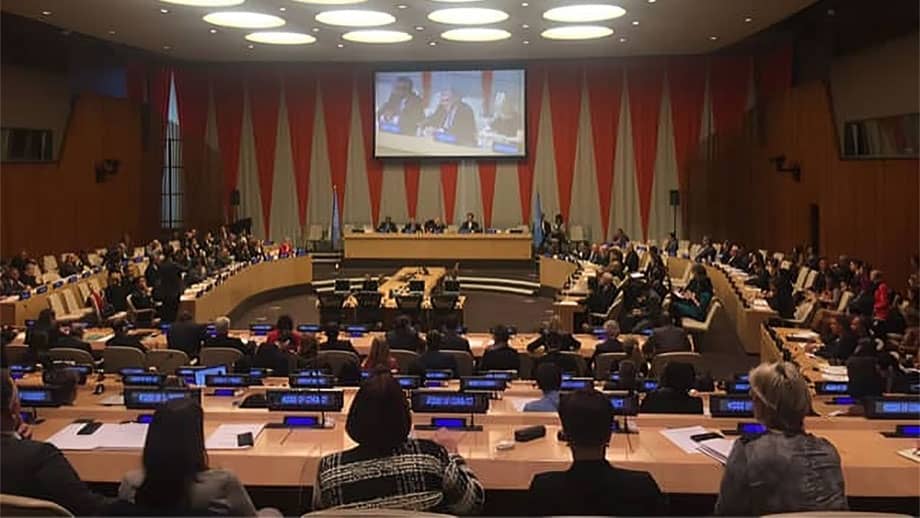Timor-Leste and the Rome Statute
| Signature, Ratification of/Accession to the Rome Statute of the ICC
|
| Accession Date: |
6 September 2002 |
| Amendments to the Rome Statute
|
| Ratification of the Kampala Amendment to Article 8 of the Rome Statute on war crimes [poison and expanding bullets in NIAC] (2010): |
No. |
| Ratification of the Kampala Amendment to the Rome Statute on the crime of aggression reflected in Article 8 bis (2010): |
No. |
| Ratification of the Amendment to Article 124 of the Rome Statute (2015): |
No. |
| Ratification of the Amendment to Article 8 of the Rome Statute on war crimes [biological weapons] (2017): |
No. |
| Ratification of the Amendment to Article 8 of the Rome Statute on war crimes [blinding laser weapons] (2017): |
No. |
| Ratification of the Amendment to Article 8 of the Rome Statute on war crimes [non-detectable fragments] (2017): |
No. |
| Ratification of the Amendments to Article 8 of the Rome Statute on war crimes [starvation as a war crime in NIAC] (2019): |
No. |
| Adoption of implementation legislation of the Rome Statute of the ICC |
|
Timor-Leste has full implementing legislation of the core crimes under the Rome Statute. The Penal Code criminalizes the crime of aggression by instigation and incitement only.
There are no provisions on cooperation with the International Criminal Court. The Code references the general principles of criminal law under the Rome Statute, except for the “irrelevance of official capacity.”
|
| Cooperation Agreements |
| Ratification of Agreement on Privileges and Immunities of the Court (APIC): |
No. |
| Signature of Agreement of Enforcement Sentences with the ICC: |
No. |
| Signature of Agreement of Interim and Final Release with the ICC: |
No. |
| Signature of Bilateral Immunity Agreement with the USA: |
No. |





